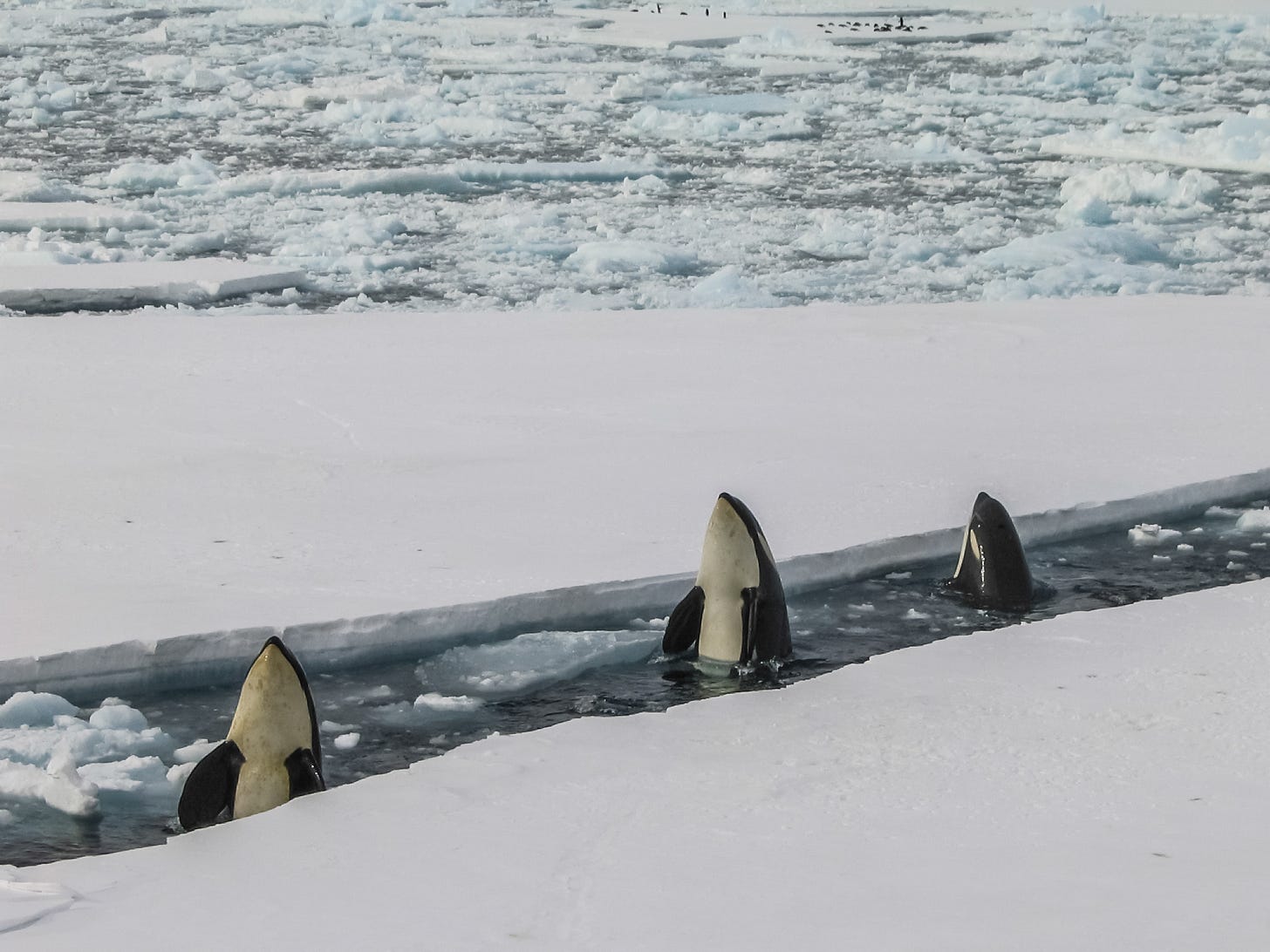Fieldnotes: 'Convivial Conservation'
A weekly update of ideas, news, and research in environmental communication
Photo by Bryan Goff on Unsplash
What I’m listening to
Edge Effects is an amazing environmental justice podcast I highly recommend checking out.
Their newest episode–Future of Conservation: A Conversation with Bram Büscher and Robert Fletcher–explores the idea of ‘convivial conservation.’ They have an entire website devoted to this new model of conservation but here’s a definition in a very packed nutshell:
“To establish a truly transformational approach to conservation that benefits both wildlife and humans, and that combines structural change with grassroots solutions to promote co-existence, (cultural and bio)diversity and justice.”
What I’m reading:
I thought I’d share some of my favorite fiction and nonfiction books that ‘tell stories about nature in the active voice,’ as the environmental philosopher Val Plumwood brilliantly puts it. In other words, stories where nonhuman beings– from mushrooms to crows, and viruses to forests – are not just inert props or stages for human dramas to unfold, but are key protagonists in the story. So here they are (leave a comment with your favorites if you feel inclined):
Fiction:
Overstory, by Richard Powers. (Trees!)
The Fifth Season, by N.K. Jemisin. (A whole planet!)
Barn 8, by Deb Olin Unferth (Chickens!)
Nonfiction
Floating Coast: An Environmental History of the Bering Strait, by Bathsheba Demuth
Wake of Crows: Living and Dying in Shared Worlds, by Thom van Dooren
Emergent Ecologies, by Eben Kirksey
What I’m watching
Bathsheba Demuth, Assistant Professor of History and Environment and Society at Brown University, and author of the recent book Floating Coast mentioned above gave one of the most interesting talks I’ve ever heard in December, 2019: “Do Whales Judge Us? Interspecies History and Ethics”
Until Sunday!




